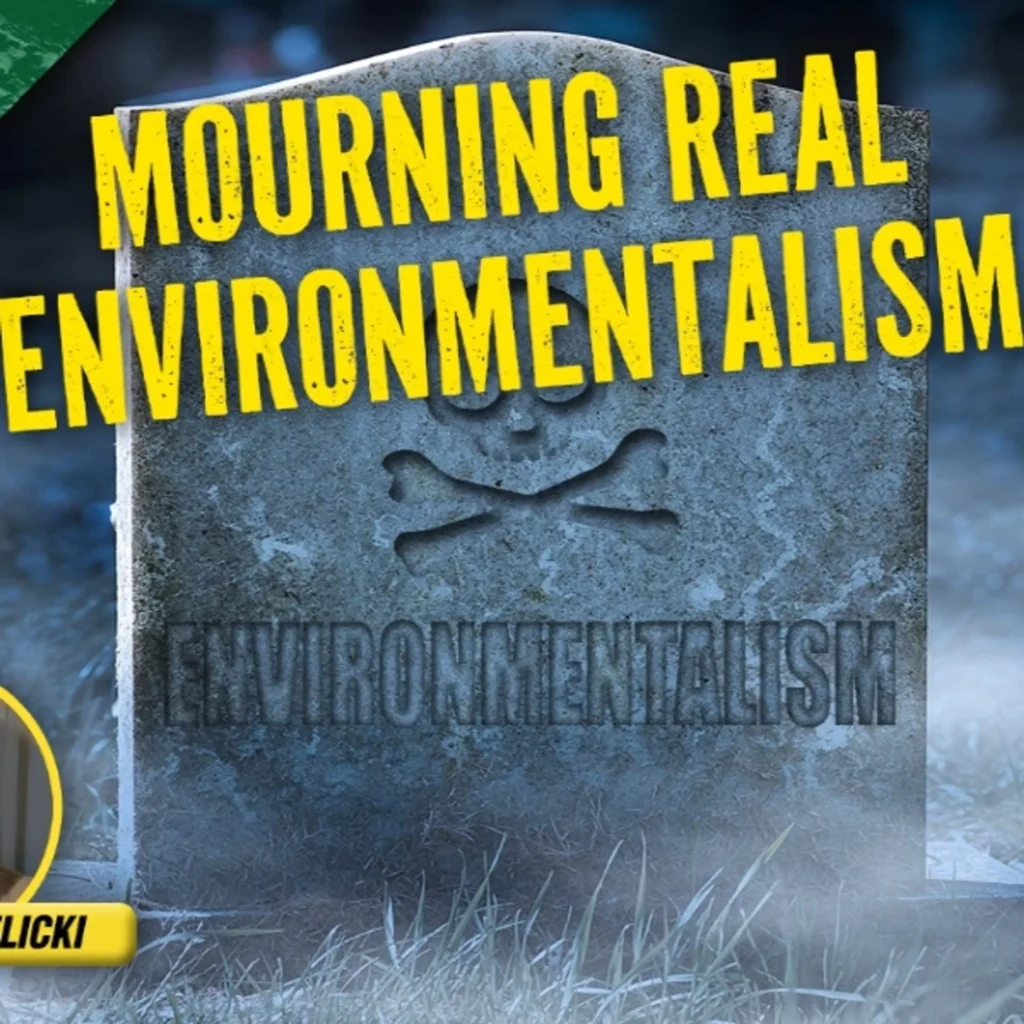Editor’s note: This is the second installment in a four-part series identifying falsehoods regarding the consumption and production of beef. The series exposes a classic “scare campaign” designed to manipulate public opinion and force changes in government policy.
As the vast global warming hoax begins its inexorable death, an equally enormous campaign against the raising of livestock and the consumption of meat continues. It is led by People for the Ethical Treatment of Animals (PETA) and supported by the propaganda machinery of the United Nations through its Food and Agriculture Organization (FAO) and Intergovernmental Panel on Climate Change (IPCC), and the World Health Organization (WHO).
Absurd Anti-Meat Claims
The assertion that the raising of livestock worldwide is contributing to global warming is so obviously absurd one might easily and quickly dismiss it, but it continues to be the cornerstone of a campaign to end the consumption of beef by more than six billion people around the world.
Dating back to the prehistory of man, meat has been part of the human diet. In February 2005, I wrote about “The War on Meat,” noting humans have 20 teeth devoted to eating meat but only 12 for fruits and vegetables. Moreover, the human stomach is designed primarily to digest lean meat, while the small intestine, pancreas, and liver are mainly herbivorous, designed to digest vegetables, fruits, fats, and farinaceous (starch) foods.
On the PETA Web site you will find a page titled “Meat and the Environment,” which cites a 2006 FAO report accusing the meat industry of being “one of the top two or three most significant contributors to the most serious environmental problems, at every scale from local to global.”
Growers of livestock are accused of land degradation, climate change, air pollution, water shortage and water pollution, and the loss of biodiversity. A number of environmental organizations, including the National Audubon Society, Sierra Club, and Environmental Defense, have joined in this Big Lie.
Hypocrisy of U.N., PETA
Little-known to the public, however, is that PETA—which campaigns against the raising and processing of livestock for food, targeting restaurants, grocers, ranchers, and others—routinely kills animals, primarily pets, entrusted to its care. The same holds true for other allegedly “humane” organizations. In 2007 PETA killed more than 19,200 dogs, cats, and other “companion animals.” Over the past five years it killed more than 90 percent of the animals it took in. PETA receives nearly $30 million a year from people who erroneously think the organization is working to protect animals.
The truth is very different from the lies of the U.N.’s Food and Agriculture Organization, an agency that receives very little scrutiny from the world’s press. Founded in 1945, the FAO was intended to help expand the world economy by promoting sustainable rural development with an emphasis on the poorest farmers, promoting food production and self-reliance, and raising the level of nutrition of the world’s population.
Fortunately for mankind, it has no mandatory powers and relies instead on the promulgation of bogus reports such as “Livestock’s Long Shadow.”
Benefits of Cattle-Raising
Charges of beef production being responsible for a score of threats to the environment are easily refuted when one considers more than half the agricultural land in the United States is unsuitable for crop production, and grazing animals on this land more than doubles the land area that can be used to produce food in the United States.
In addition, instead of creating erosion, foraging animals such as cattle help stabilize the soil and promote expanded growth of grasses.
Despite these obvious benefits, U.N. agencies continue to urge policies that do nothing to alleviate hunger but instead further an agenda for the socialist redistribution of wealth common to communist regimes. U.N. agencies have consistently sought to ban pesticides and herbicides that protect crops, animals, and humans and have worked to thwart the development of gene-splicing technology that enhances crop production.
Benefits of Meat
A three-ounce serving of lean beef is an excellent source of protein, zinc, vitamin B-12, selenium, and phosphorus and is a good source of niacin, vitamin B-6, iron, and riboflavin.
In essence, the campaign against beef production and consumption is a campaign against the health of all who enjoy its benefits. Along with efforts to curb all forms of energy use, the anti-meat campaign constitutes an insidious war on the welfare of the world’s population and economy.
[The third installment of this series will explain why eating beef is one of the best choices you can make for your health.]
Alan Caruba ([email protected]) writes a weekly column for the Web site of The National Anxiety Center (http://www.anxietycenter.com) and blogs daily at http://factsnotfantasy.blogspot.com.



